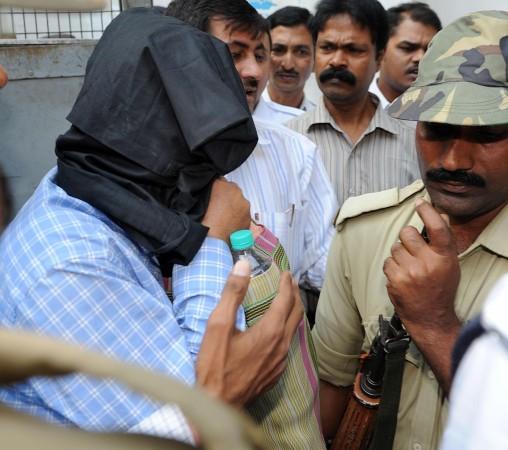
The National Investigation Agency (NIA) has arrested a Myanmar national in connection with the 2 October Burdwan blast on Monday afternoon.
Khalid Mohammad, 28, was arrested in Hyderabad. He was carrying ISIS Jihadist literature and apparently has links with the Rohingya Muslim solidarity group and NIA alleged that he was running terror camps along the Myanmar-Bangladesh border.
"He was found in possession of incriminating videos of training materials, literature relating to poisons, IED making bomb making, explosives and Jihadi literature including ISIS," IANS cited excerpt from NIA statement.
He has also admitted to have received training from Tehreek-e-Azadi Arkan with trainers from Tehreek-e-Taliban Pakistan.
Khalid is believed to be an expert in manufacturing Improvised Explosive Devices (IED) and in recruitment and was helping the Islamist group Jamaat-ul-Mujahideen Bangladesh (JMB) in organising terror modules in India.
The agency has taken him into custody for interrogation to get further information about his links to the Burdwan blast, which the NIA claimed to have almost cracked.
The revelations made by NIA in connection with the blast apparently attracted trouble for the agency as last week a crude bomb was thrown near its office in Kolkata's CRPF camp.
NIA claimed that the attack might be a threat or intimidation tactics by the militants involved in the Burdwan blast.
After the blast in Burdwan's Khagragarh area, the NIA arrested several militants suspected of involvement in the accidental blast on 2 October. Earlier this month, the Kolkata police arrested Sadiq, a Bangladeshi national and one of the major links between the terror outfit JMB and the terror modules across India and Bangladesh. He was allegedly carrying the IEDs made in India to Bangladesh.
The NIA investigation had also revealed that the IEDs were meant for a terror attack to destabilise the Bangladesh government by killing Prime Minister Sheikh Hasina and opposition Bangladesh Nationalist Party (BNP) Chairperson, Begum Khaleda Zia.

















